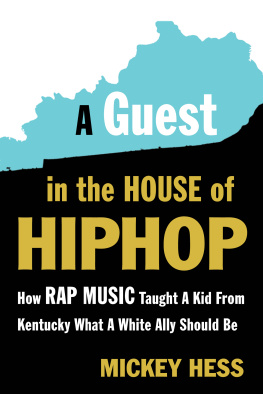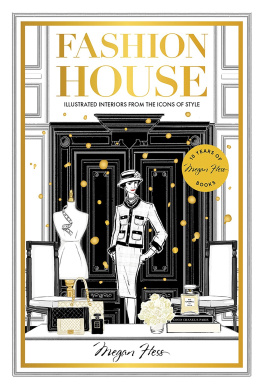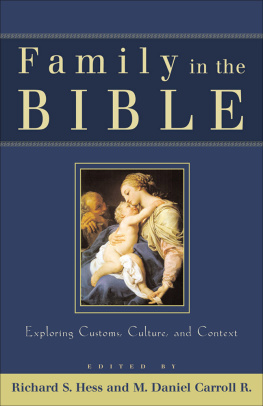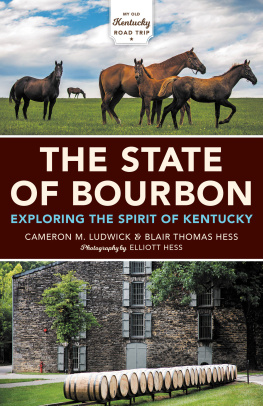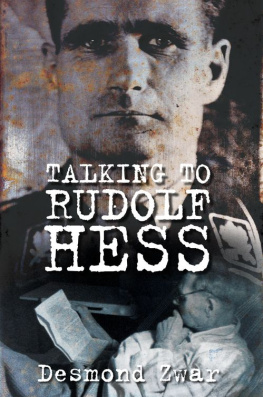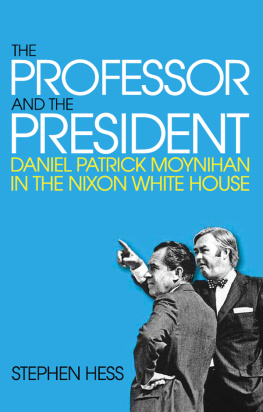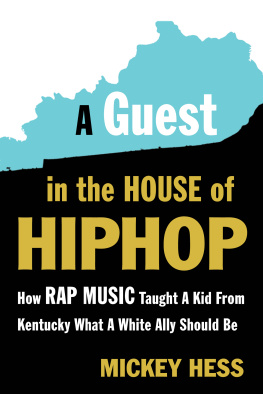
MORE ADVANCE PRAISE FOR A GUEST IN THE HOUSE OF HIP HOP
an entertaining and richly informative instruction manual for both seasoned and budding allies.Kirkus Reviews
Its often said that much of the power of white supremacy lies in the invisibility of whiteness, thus making whiteness visible is key to dismantling white supremacy. A Guest in the House of Hip Hop places a sharp new spotlight on whiteness, showing us previously unseen facets of racism and classism. This is a bold and necessary work.
Rion Amilcar Scott, author of Insurrections, Winner of the 2017 PEN/Robert W. Bingham Prize for Debut Fiction
Mickey Hesss brilliantly insightful book challenges us to think deeply about what is required of us, both individually and collectively, as we face the challenges of our racial history with greater courage and empathy. A Guest in the House of Hip Hop is an important, timely book, as well as a terrifically entertaining read.
Paul Edwards, author of How to Rap 1 and 2 and The Concise Guide to Hip-Hop Music
So many people go out of their way to try and prove that they are down, but with Mickey you know immediately that he loves, respects, and studies this culture with every fiber of his being. I rock with him for being a brilliant and caring teacher, but even more so for just being a good man who is clearly invested in the art form that he is teaching. Very rare, but oh so needed.
Reef the Lost Cauze, hip hop artist
In this fascinating and timely book, Mickey Hess combines personal honesty with a razor-sharp critical perspective, addressing the urgent need for racial learning and unlearning and exploring how hip hop knowledge can influence our understanding of US culture and improve the ways we co-exist.
Murray Forman, co-editor of Thats The Joint: The Hip-Hop Studies Reader
The story of our country, how it came to be, how it came to thrive, is as complex as it is fascinating. To understand this story, it is essential that the issue of race is opened and explored with the brutal honesty that is necessary to induce dialogue, build bridges, and find real answers. I find A Guest In The House of Hip Hop to be a courageous and sincere effort and I salute Dr. Hess for his dedication to the art form that I have devoted my own life to expanding and preserving.
David Traum Diggs Shanks, hip hop artist
A GUEST in the HOUSE of HIP HOP
How Rap Music Taught a Kid from Kentucky What a White Ally Should Be

Mickey Hess

Copyright 2018 by Mickey Hess
All rights reserved.
Printed in the United States of America.
10 9 8 7 6 5 4 3 2 1
No part of this book may be used or reproduced in any manner without written permission of the publisher. Please direct inquires to:
Ig Publishing
Box 2547
New York, NY 10163
www.igpub.com
ISBN: 978-1-632460-78-3 (ebook)
To Danielle Hess, for her bravery in the face of injustice, and for always pushing me to be a better person.
And to Wanda Hess, for teaching me what was right.
Contents
by Masta Ace
FOREWORD
I have a good friend named John. Like me, he grew up in the heyday of hip-hop when biting wasnt allowed, anything good was either FRESH or FLY, and every kid in the neighborhood was an aspiring DJ, rapper, break dancer, or graffiti artist. Some of us did, or attempted to do, all of the above. John gravitated toward DJing when he was young and to this day has a turntable setup in his basement, where he retreats after a long day to decompress over two copies of a classic breakbeat. He dated his share of around the way girls, with their big door-knocker earrings and brightly colored 54/11 Reebok Aerobic sneakers, and was fully immersed in the culture like most of us were back then. He even dabbled in the drug game as a young man and found himself behind bars for a short stint. His Cocaine Cowboy days are behind him now.
With his fiftieth birthday on the horizon, Im sure he looks back and wonders what happened to that bright-eyed kid that spun records for local parties for little to no money. Life is very different now. Hes a husband with children. He and his attractive, dark brown-skinned wife, who hes known since high school, have been married for over a decade. His participation in hip-hop culture, which went from turntablist and party DJ to independent label owner and tour DJ, has now given way to working a regular job while he remains a fan of the music from a distance. But he still loves hip-hop. His love for his favorite rapper, Rakim, is only rivaled by his enthusiasm for his favorite rock band, The Grateful Dead. He considers himself a true Dead Head and he sometimes flies to other states to meet like-minded buddies for concerts and festivals.
Hip-hop has always been, with limitations, a culture celebrated in the spirit of inclusion. A twenty-something-year-old German kid from Berlin can feel the same urge to bob his head and make the ugly face when he hears the undeniable boom bap of a DJ Premier beat blasting through refrigerator-sized speakers as a black kid who was born and raised in the Mecca, New York City. When Rakim uttered the phrase, It aint where ya from, its where ya at, that rule of inclusion was cemented into the unwritten Constitution of Hip-Hop. All are welcome; just come correct. From what John tells me, Rock & Roll doesnt share that same spirit.
Im guessing, based on the above description of my friend John, you were picturing a certain person in your mind, right up to the part about him being a Dead Head. You may have even gone back to read the previous paragraphs to see if you missed something. If you were picturing my friend as the only tie-dye-shirt-wearing black guy at the Grateful Dead Concert with a bunch of his white buddies, youd be wrong. His buddies are white, but so is John. And yes, his wife is black. I have always considered John one of the white guys who gets it. Not because of that old Once you go black clich, or because hes a Rakim fan who owns DJ equipment, but because despite the color of his skin he understands what the struggle is all about.
From the point Johns wife gave birth to their son, that comprehension of the struggle became much more profound for him. He is no longer able to be a spectator to the black experience in America. He is on the field and in the game. As his child gets through his teenage years, John feels the target growing on his sons back. Each time a new report of an unarmed black person being shot by police goes viral, Johns concerns for his own son grow. The conversations he hears among his rock friends when these stories hit the news has made him see some of those friends in a different light. Hes had to become the only voice in those circles who sees the plight of Black and Brown Americans. Its frustrating infuriating even. Hes had quite a few arguments with good friends over these issues, especially the NFL player protests. Eventually he made the decision to drop out of his 2017 Fantasy Football Leagues and Pools because of these issues. When looking at his friends, he cant help but think, What if this were my son? Would these guys be saying the same things? Would these buddies of mine look for ways to justify his murder by police?
Next page
